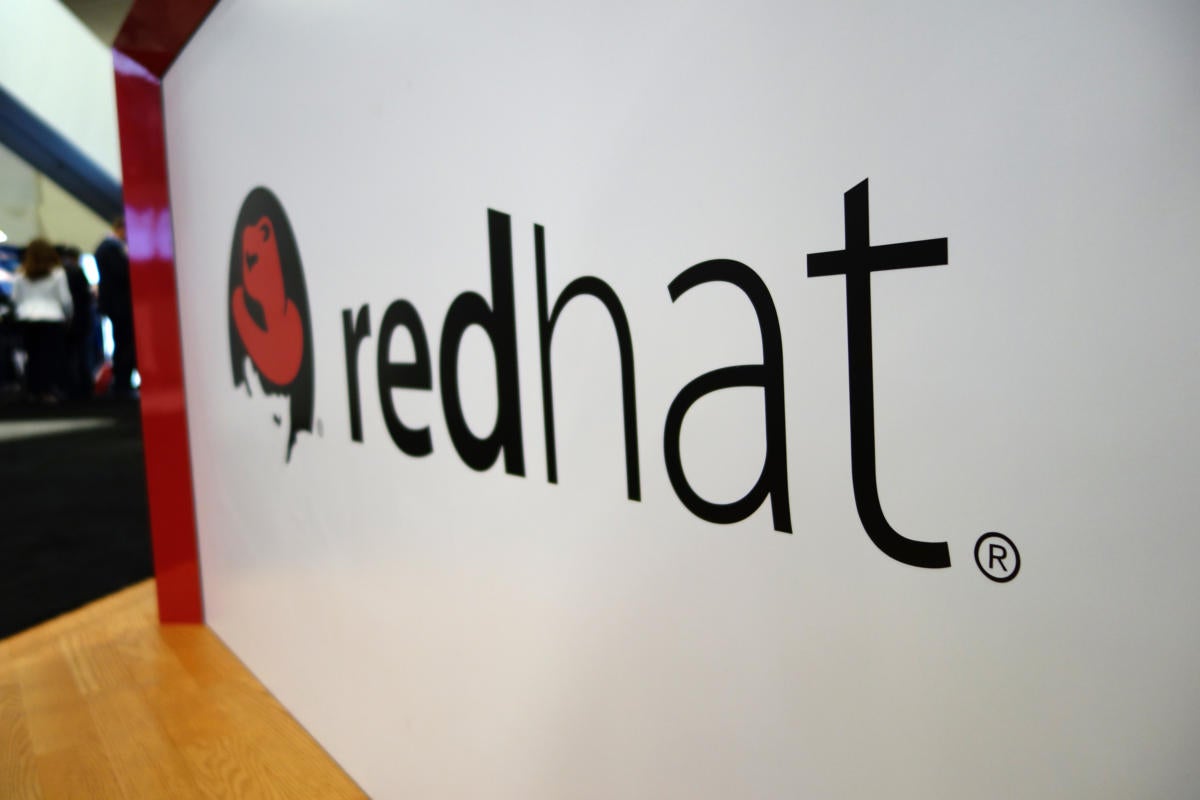Red Hat's success as an open source company -- to the tune of $2 billion in revenue -- has apparently empowered the enterprise Linux vendor to try a wholly unprecedented move: Give away Red Hat Enterprise Linux, its flagship product, to any developer who asks nicely for it.
With nothing more than an email and one or two other pieces of contact information, a prospective developer will be able to sign up with Red Hat to receive a full RHEL subscription -- albeit without technical support and not for use in production.
Developer subscriptions include access to RHEL, as well as development tools available via the Red Hat Software Collections and Red Hat Developer Toolset.
You want it? Ask for it
Ray Ploski, director of developer strategy for Red Hat, stated in a phone conversation that the company's biggest reasons for introducing the new program were twofold. One, it consolidated all the existing Red Hat developer programs under a single roof. Two, it allowed Red Hat to "get ahead of potential problems with how developers use our technology and processes."
"The more our customers embrace technologies like continuous integration or containers," Ploski said, "the more important it is that we allow developers to start their projects in the same places where they're going to deploy them."
As an example, he noted developers who want to deploy on RHEL will prefer developing on RHEL rather than CentOS, the community edition of RHEL built from the same sources but maintained by a separate team. This would help avoid friction between the development and deployment processes.
Ploski also stressed that the revamped developer program is meant to be as open-ended, and anyone can sign up: "You don't even have to be a RHEL customer."
But you get what you pay for
Ploski's mention of CentOS hints at Red Hat's hunch that it's in no danger of losing significant revenue to the developer program.
Even as CentOS and Red Hat have grown closer over the years, CentOS has maintained its distinction as an easy substitute for RHEL in environments where people don't necessarily need paid support. Those who want to run RHEL in a production environment but don't want paid support can still turn to CentOS, since the free/dev edition of RHEL can't be used in that scenario. (CentOS images are commonly available without charge in cloud computing environments.)
In Ploski's view, Red Hat's paid support is easily justified for those who need it. "The benefits that we offer through subscriptions stand on their own when you deploy into production," he said.






